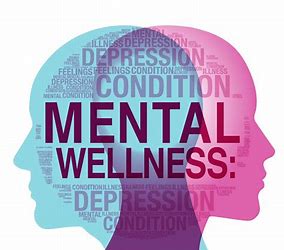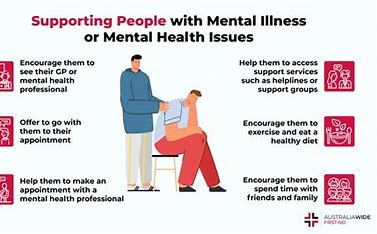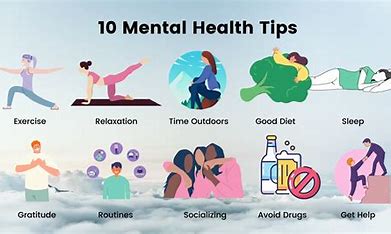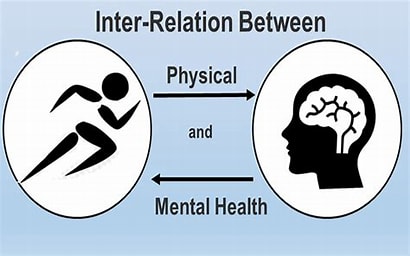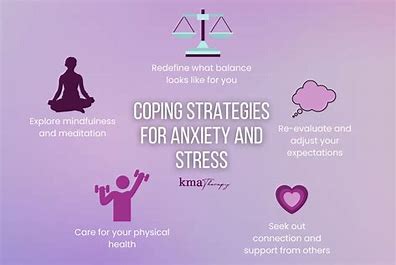Mental health is a critical component of overall well-being, yet it remains one of the most misunderstood and underprioritized aspects of healthcare globally. In today’s fast-paced, high-stress environments, mental health issues such as anxiety, depression, and burnout are becoming increasingly common. Raising awareness about mental health and providing accessible resources is essential for creating a happier, more harmonious society. This is the focus of PHGNomics (Peace, Happiness, and Growth Economics), which emphasizes the crucial role of mental health in fostering individual and societal well-being.
What is Mental Health?
Mental health refers to a person’s emotional, psychological, and social well-being. It influences how we think, feel, and act, and plays a vital role in how we handle stress, relate to others, and make decisions. Good mental health is not just the absence of mental illness but involves being able to cope with life’s stresses, work productively, realize one’s potential, and contribute to the community.
Raising awareness about mental health involves educating people on its importance, reducing the stigma surrounding it, and ensuring access to resources for prevention, treatment, and recovery.
Key Components of Mental Health:
| Component | Description |
|---|---|
| Emotional Well-being | Ability to manage emotions and cope with stress |
| Psychological Health | Ability to think clearly, reason, and problem-solve |
| Social Well-being | Ability to form healthy relationships and connect |
Historical Context: Mental Health and Stigma
Historically, mental health has been a neglected topic, often surrounded by stigma and misunderstanding. In many cultures, mental health problems were seen as a sign of personal weakness rather than legitimate health issues. In India, traditional societal values emphasized endurance and resilience, marginalizing mental health concerns.
However, global attitudes have shifted in recent decades. The World Health Organization (WHO) has been instrumental in emphasizing the importance of mental health as a part of public health. In India, the Mental Healthcare Act of 2017 marked a significant step toward ensuring the right to access mental health services and protecting individuals from inhumane treatment.
Globally, initiatives like World Mental Health Day, first celebrated in 1992, have helped raise awareness of mental health issues, highlighting the importance of early intervention and access to care.
The Current State of Mental Health Awareness
Today, mental health awareness is more critical than ever. The pressures of modern life—careers, family responsibilities, and societal expectations—can exacerbate mental health problems. The World Health Organization reports that depression is now the leading cause of disability worldwide, affecting over 264 million people.
In India, mental health issues are also on the rise, with nearly 150 million people needing active mental health intervention, but fewer than 30 million receiving care. Initiatives such as the “Kiran Helpline” and mental health integration into primary healthcare aim to address these gaps. Similarly, workplace mental health is gaining attention, with companies realizing that employee well-being directly impacts productivity and retention.
Mental Health Challenges in India:
| Statistic | Figure |
|---|---|
| Indians requiring mental health intervention | 150 million |
| Indians receiving mental health care | Less than 30 million |
| Psychiatrists per 100,000 people in India | 0.75 (WHO recommends 3) |
Case Studies: Mental Health Initiatives
India: The Live Love Laugh Foundation: Founded by actress Deepika Padukone after sharing her personal battle with depression, the Live Love Laugh Foundation has been instrumental in raising mental health awareness in India. Their “You Are Not Alone” program educates schoolchildren, teachers, and parents about mental health, emphasizing the importance of early intervention and breaking the stigma.
Global: Tata Consultancy Services (TCS): Tata Consultancy Services (TCS), one of India’s largest IT firms, launched a comprehensive mental well-being program for employees. This initiative includes counseling services, stress management workshops, and mental health awareness sessions. TCS found that employees who participated in these programs showed improved productivity, focus, and job satisfaction.
Bhutan: The Gross National Happiness (GNH) Index: Bhutan’s Gross National Happiness (GNH) index offers a unique global perspective by focusing on the holistic well-being of its citizens, including mental health. By prioritizing happiness in policymaking, Bhutan demonstrates how societal frameworks that focus on mental well-being can lead to a more peaceful, harmonious society.
Challenges in Mental Health Awareness and Care
Despite the growing recognition of mental health’s importance, significant challenges remain:
- Stigma: Mental health stigma continues to be a major barrier, particularly in countries like India, where seeking help is often seen as a sign of weakness.
- Shortage of Mental Health Professionals: India has only 0.75 psychiatrists per 100,000 people, far below the WHO recommendation of 3 per 100,000.
- Resource Allocation: Even where mental health policies exist, their implementation is often delayed due to bureaucratic inefficiencies and lack of funding.
Globally, mental health care integration into broader healthcare systems remains uneven, with many low- and middle-income countries lacking essential services.
Mental Health Care Barriers:
| Challenge | Impact |
|---|---|
| Stigma | Discourages individuals from seeking help |
| Lack of Mental Health Resources | Limited access to care |
| Shortage of Professionals | Longer wait times and inadequate care |
Conclusion: Mental Health as a Path to Societal Happiness
Mental health awareness is vital for creating a happier, more peaceful society. Reducing stigma, improving access to care, and promoting early intervention are key steps in fostering well-being for all individuals. By integrating mental health into public policies and community programs, as seen in the initiatives of the Live Love Laugh Foundation and Bhutan’s GNH index, societies can make significant progress toward collective happiness.
In the context of PHGNomics, mental health plays a crucial role in balancing peace, happiness, and economic growth. A mentally healthy population is more likely to contribute positively to society, build strong relationships, and maintain productivity at work.
Call to Action
Let’s continue the conversation around mental health and work toward a happier society. Encourage open dialogue, educate others, and advocate for improved mental health services. Share your thoughts or suggestions on how we can collectively improve mental health awareness in our communities.
FAQs
Q1: Why is mental health awareness important?
Mental health awareness is essential because it helps people recognize signs of mental health issues early, reduces stigma, and ensures that individuals have access to the care and resources they need to recover and thrive.
Q2: How does mental health affect productivity?
Poor mental health can lead to reduced focus, absenteeism, and lower job satisfaction. On the other hand, promoting mental well-being in the workplace leads to higher productivity, employee retention, and overall happiness.
Q3: What role does society play in improving mental health awareness?
Society plays a vital role by fostering environments where mental health is openly discussed, and individuals are encouraged to seek help without fear of judgment or stigma.
Q4: How can I support someone struggling with mental health issues?
Listening without judgment, encouraging them to seek professional help, and educating yourself about mental health are great ways to support someone dealing with mental health challenges.


